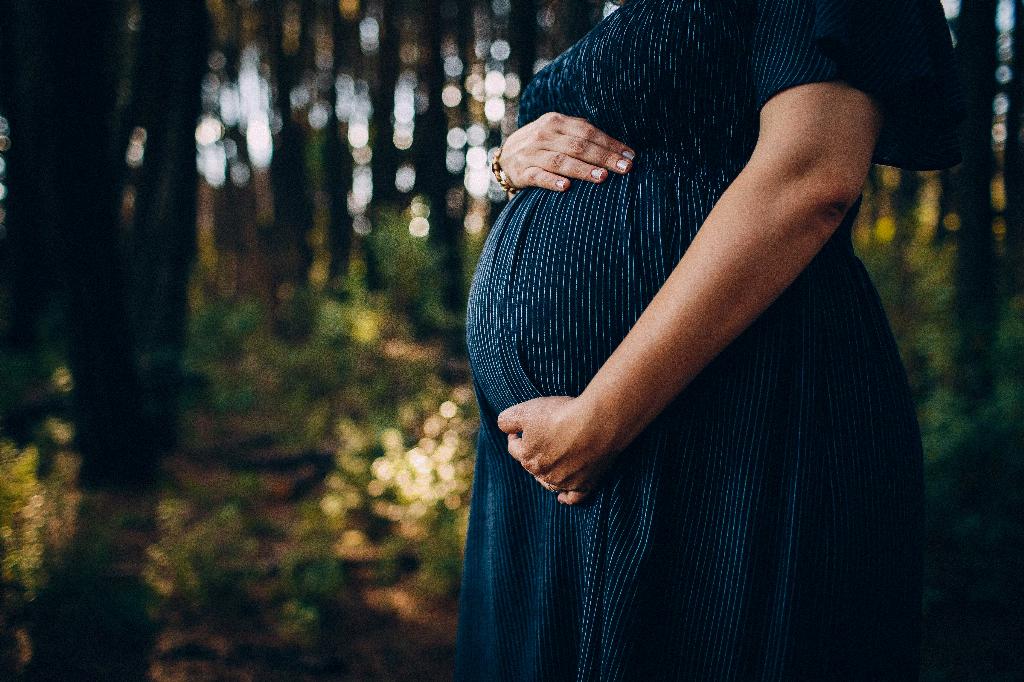Vulvar varicosities are enlarged and swollen veins in the vulva, the external portion of the female genitalia. These varicose veins can develop during pregnancy due to increased blood volume and pressure on the pelvic area.
Symptoms and Risk Factors
Women with vulvar varicosities may experience pain, discomfort, or a feeling of fullness in the vulva. Risk factors for developing vulvar varicosities include multiple pregnancies, obesity, and a family history of varicose veins.
Yes, vulvar varicosities can rupture in some cases. While most cases of vulvar varicosities resolve on their own after delivery, there have been instances of ruptured vulvar varicosities, especially during or after childbirth.
Complications of Ruptured Vulvar Varicosities
When vulvar varicosities rupture, they can lead to significant bleeding, which may require medical intervention. Ruptured varicose veins can cause pain, swelling, and discomfort in the affected area.
Treatment Options
For women experiencing ruptured vulvar varicosities, treatment options may include applying pressure to the area to control bleeding, using ice packs to reduce swelling, and seeking medical attention for further evaluation.
Prevention Strategies
While it is not always possible to prevent vulvar varicosities, women can reduce their risk by staying active during pregnancy, avoiding prolonged sitting or standing, and wearing compression stockings to improve circulation.
Importance of Seeking Medical Advice
If you suspect you have vulvar varicosities or are experiencing symptoms such as pain or swelling in the vulva, it is essential to consult with a healthcare provider for proper diagnosis and management.
Overall Outlook
Most cases of vulvar varicosities do not lead to complications, and the symptoms often improve after delivery. However, in rare instances where varicose veins rupture, timely medical intervention is crucial for optimal recovery.
Conclusion
In conclusion, while vulvar varicosities can rupture in certain circumstances, it is essential to be aware of the symptoms and risk factors associated with this condition. By understanding the potential complications and seeking medical advice when needed, women can manage vulvar varicosities effectively.
Final Thoughts
It is always best to prioritize your health and well-being, especially during pregnancy and childbirth. By staying informed and proactive about your reproductive health, you can address any concerns or issues promptly and ensure a smooth journey through motherhood.

